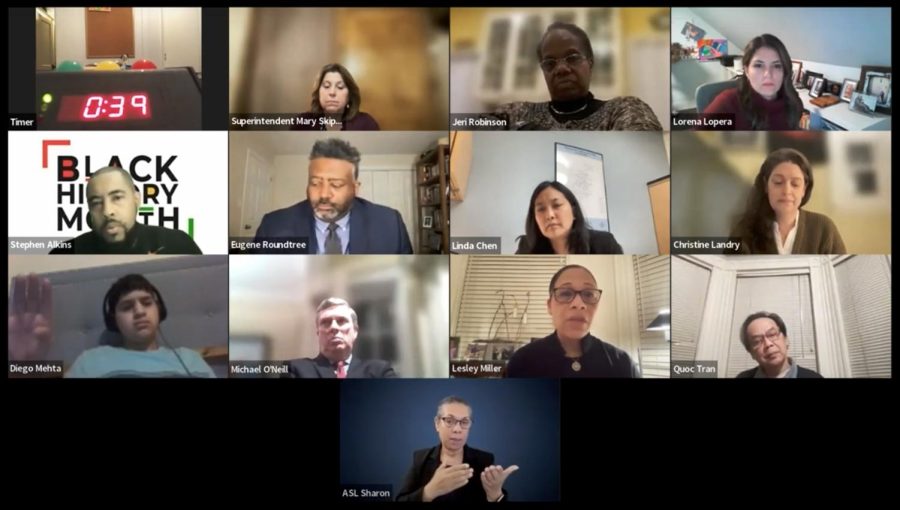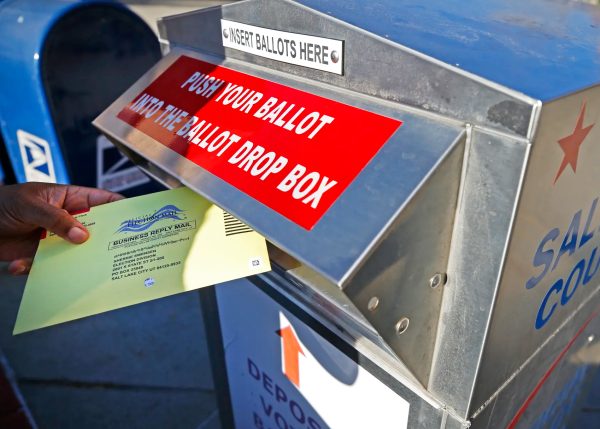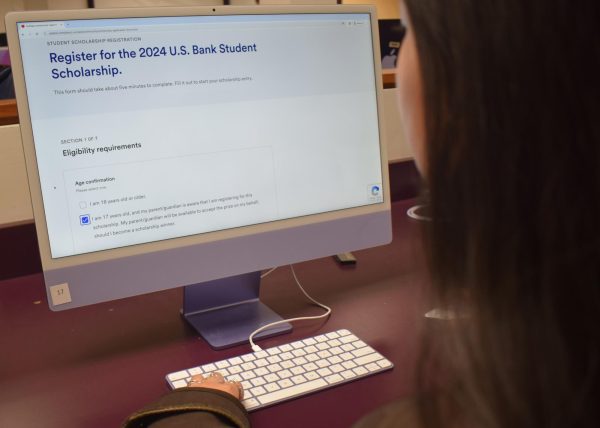Ballots Are In; Democracy Is Out
As the academic year progresses, so do the mounting issues troubling the Boston Public Schools district. Despite the district faltering, the BPS school board seems to be doing nothing more than twiddling their thumbs, leaving behind a trail of limited accountability for results, poor district MCAS scores and a revolving door of superintendents. Boston Mayor Michelle Wu seems more intent on maintaining her control over an ineffective school board than to actually drive meaningful change, necessitating the shift to an elected school committee.
The Boston School Committee is responsible for “defining the vision, mission and goals” of BPS, per the district website. Their visions, missions and goals, unfortunately, have fallen short of success, as the district was found to have overstated its long-heralded graduation rates in five of the last seven years, according to The Boston Globe.
A damning 162-page report in April 2022 from the Massachusetts Department of Elementary and Secondary Education (DESE) found that leadership instability is “endemic” at BPS. Structural challenges remain unresolved; key performance indicators are unreliable and resolutions to parent complaints are unresponsive. The last point is especially noteworthy, as it gets at the crux of the argument against the unelected School Committee: a lack of accountability to families.
Members in senior leadership of the school committee, such as the current chairperson and vice chairperson, hold no formal background in elementary and high school education. So why have these folks continued to lead the board in light of, in DESE’s own words, “endemic” problems?
Unlike an elected school board, the BPS School Committee members do not go door-to-door campaigning for their positions; they do not have to publicly debate each other on key issues or respond to parents’ calls for change to remain in power. Mr. Dominic Rinaldi, an AP United States History and economics teacher at Boston Latin School, remarks, “If the public’s not involved in the process of selecting the committee, there’s an argument as to how democratic is this whole process?” Indeed, all they have to do is be popular with another unelected 12-person Nominating Panel and get the mayor’s seal of approval.
The counterargument to an elected school committee is largely predicated on the belief that BPS, an urban school district, is predisposed to underperform due to the city’s socioeconomic background. The DESE report, however, found that BPS underperformed by virtually every metric, even when accounting for the economic background of students.
For example, in grades three through eight, BPS trailed the state average among economically disadvantaged students in English and math by a stunning 17 and 21 percent, respectively. The statistics suggest that much of the achievement gap is driven by district failings, not the socioeconomic status of BPS students.
Mayor Wu has not yet emerged with a compelling rebuttal to the overwhelming 80 percent of Boston residents who supported an elected school committee in the non-binding ballot proposal (notably, more Bostonians voted for an elected school committee than voted for Mayor Wu). She simply stated in a February 2023 interview with WGBH: “I ran [to become mayor] because I want to make a difference in the schools. I want to have accountability and responsibility to be able to make the changes that we need.”
Zach Chen (II), when asked about why parents are so supportive of an elected school committee, says, “I think they’re just tired of the current status quo.” We are, too. If Mayor Wu really wants to be accountable, let us have school committee members be selected based on the results they can deliver for families, not on the whims of an opaque nomination process that has not done enough for students.
As the old saying goes, “Show me the incentives and I’ll show you the results.” It is time to get the incentives for the school board right and democratize it.







